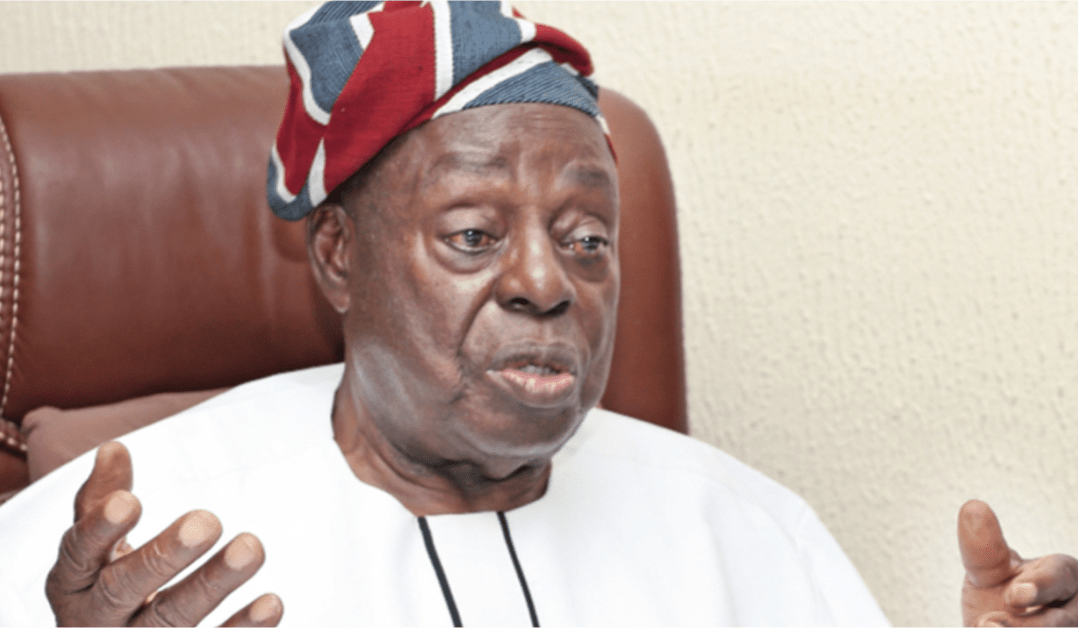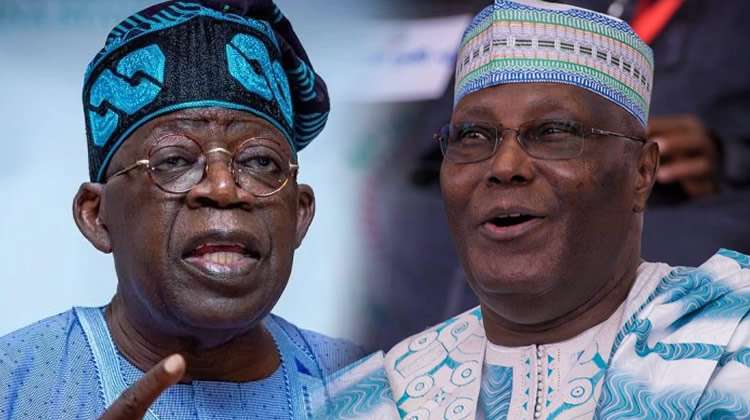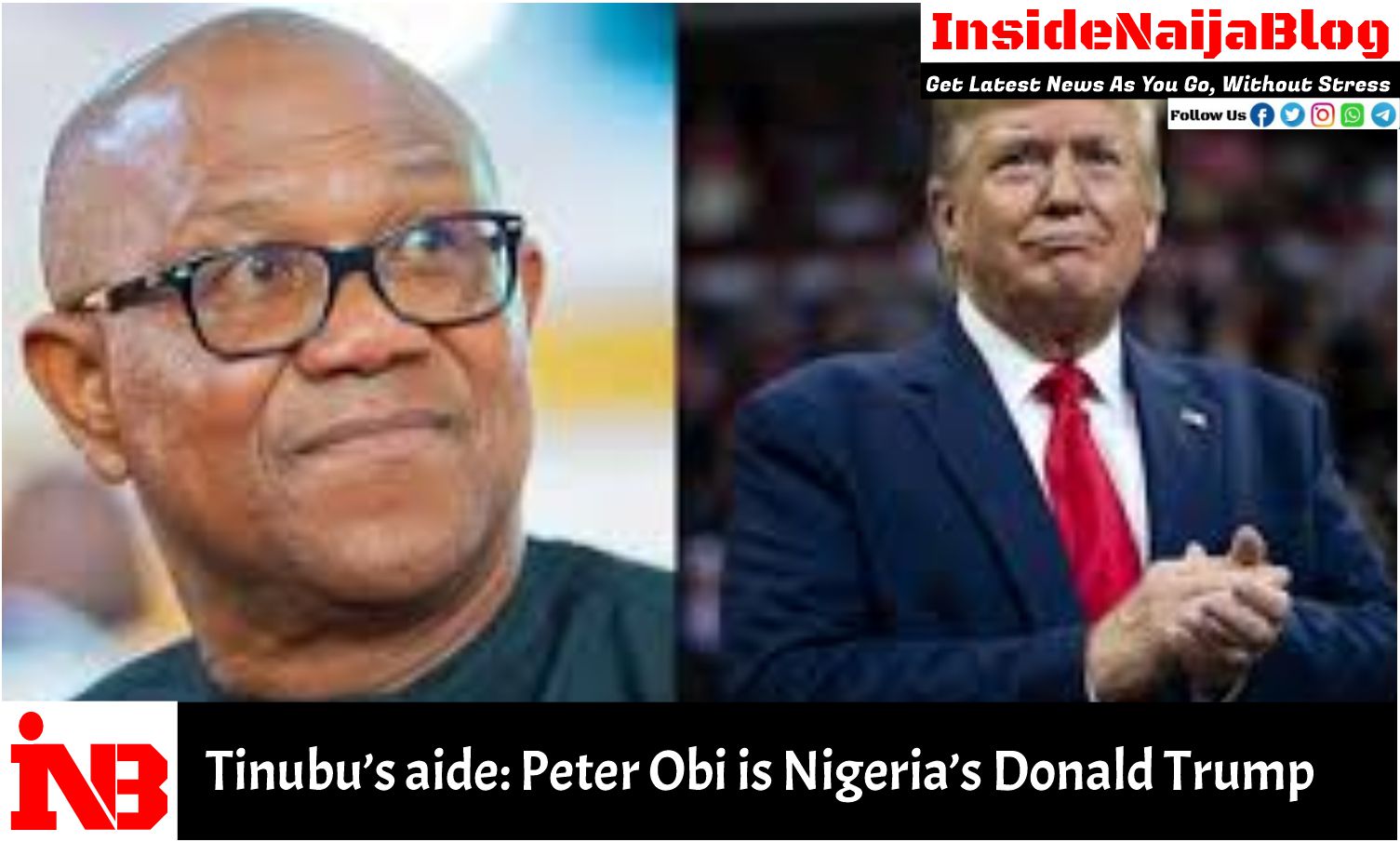In a dramatic turn of events, legal luminary and founder of Afe Babalola University, Ado-Ekiti (ABUAD), Aare Afe Babalola, has agreed to drop criminal defamation charges against human rights activist Dele Farotimi, following intense pleas from prominent Yoruba monarchs led by the Ooni of Ife, Oba Adeyeye Ogunwusi.
This landmark reconciliation comes after months of public tension stemming from Farotimi’s publication alleging that Babalola corrupted the judiciary in his book, Nigeria and its Criminal Justice System. Despite earlier rejections of interventions by former President Olusegun Obasanjo (OBJ), Bishop Matthew Kukah, and 2023 Labour Party presidential candidate Peter Obi, Babalola finally bowed to the combined appeal of Yoruba traditional rulers.
Yoruba Monarchs Lead Peaceful Resolution
The Ooni of Ife, accompanied by an entourage of eminent Yoruba traditional rulers, arrived at ABUAD late Sunday night to broker peace. Among the delegation were the Ewi of Ado-Ekiti, Oba Rufus Adejugbe; the Ogoga of Ikere-Ekiti, Oba Adejimi Alagbado; and the Alaaye of Efon Alaaye, Oba Emmanuel Agunsoye II, among others.
Speaking on behalf of the monarchs, Oba Ogunwusi appealed to Babalola’s sense of Yoruba cultural values, particularly the ethos of Omoluabi—a deep-rooted philosophy of integrity, honor, and respect for elders.
“Dele Farotimi is your son, and you must forgive him,” the Ooni urged. “You have done great things for the Yoruba race and Nigeria, and we hold you in the highest esteem. This is an opportunity to demonstrate the Yoruba tradition of conflict resolution.”
Aare Afe Babalola Relents
In a surprising reversal, Babalola, who had steadfastly refused earlier pleas, announced his decision to withdraw the charges. He credited the intervention of the monarchs and their ability to revive ancient Yoruba traditions of alternative dispute resolution.
“When I heard the Ooni was coming, I knew I was in a fix,” Babalola admitted. “There is nothing I’m going to gain from his imprisonment, and I am not seeking more wealth. Dele Farotimi is hereby forgiven. On this occasion, I say yes.”
Babalola also took the opportunity to defend his integrity, rejecting accusations of corruption. “I have never sought to enrich myself through corruption. I rejected an oil bloc offer and declined ministerial appointments twice. My reputation matters to me, but I also value the Yoruba spirit of reconciliation.”
Obi and Afenifere Praise the Outcome
Peter Obi, through his media aide Ibrahim Umar, commended the peaceful resolution, emphasizing his commitment to dialogue and conflict resolution. “This outcome is a testament to the power of constructive engagement,” Obi stated. “Chief Babalola’s decision to withdraw the suit is a gesture of goodwill that paves the way for positive progress.”
Similarly, the pan-Yoruba socio-political group Afenifere applauded Babalola and the Yoruba monarchs for exemplifying Omoluabi principles. National Publicity Secretary Jare Ajayi remarked, “Babalola has demonstrated that he is a true Yoruba son by respecting the wishes of our foremost traditional institutions.”
A Turning Point for Traditional Dispute Resolution?
This resolution has reignited discussions about the role of traditional rulers in contemporary governance. Afenifere highlighted how Yoruba monarchs have proven their relevance as custodians of culture and mediators in times of conflict.
“This act demonstrates the valuable roles our Obas can play if given the chance,” Ajayi noted. “Their intervention prevented a potentially divisive legal battle and preserved the dignity of all involved.”
A Lesson in Reconciliation
This episode underscores the enduring power of dialogue, cultural values, and traditional leadership in resolving disputes. While Babalola’s withdrawal of the case closes a contentious chapter, it also serves as a reminder of the importance of preserving harmony, especially in a polarized society.
The question now is whether this example of alternative dispute resolution will inspire similar approaches in addressing conflicts across Nigeria. For now, one thing is clear: the Yoruba ethos of Omoluabi remains alive and well in fostering peace and understanding.




